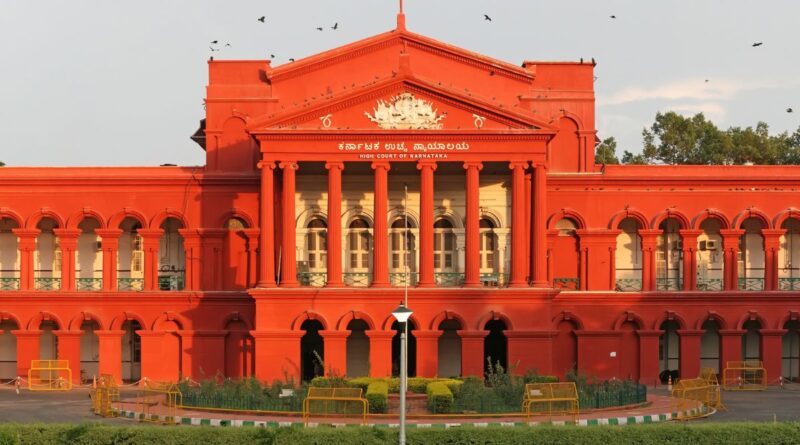Karnataka High Court to Hear Challenge Against Online Money Games Ban on August 30
The Karnataka High Court will hear on August 30, 2025, the petitions filed by leading online gaming platforms A23, Games24x7, and Junglee Rummy against the recently enacted Promotion and Regulation of Online Gaming Act, 2025, which bans all online games involving monetary stakes.
Senior Advocates C Aryama Sundaram and Dhyan Chinnappa urgently mentioned the matter, stressing the sweeping impact of the law on India’s gaming sector.
The law, which received Presidential assent on August 22, has forced platforms like Dream11 and Mobile Premier League (MPL) to suspend their money-based games. While MPL and Dream11 have chosen not to challenge the ban despite revenue losses, A23 has become the first company to move court, calling the legislation an act of “state paternalism” that unfairly criminalises skill-based games such as rummy and poker.
What the New Law Says
The new Act marks a major shift in India’s gaming policy by discarding the traditional distinction between skill and chance. Key provisions include:
- Criminalisation: All online games involving money are banned.
- Cognisable & Non-Bailable Offences: Police can arrest without warrant and conduct searches.
- Harsh Penalties: Up to 3 years’ imprisonment and fines of ₹1 crore, with stricter punishments for repeat offenders.
- Ban on Payment Processing: Banks and payment intermediaries cannot handle transactions linked to prohibited games.
- National Regulator: A new authority will classify games, register platforms, and ensure compliance.
- Recognition of E-Sports: Competitive e-sports and non-monetary educational/social games are exempt and encouraged.
Government’s Stand
The Centre has defended the ban, citing:
- Rising addiction and financial harm among youth.
- Cases of debt, psychological distress, and suicides linked to money games.
- Risks of money laundering, tax evasion, and terror financing.
- Difficulty in regulating offshore operators at the state level.
The government believes that a blanket prohibition is more effective than regulation to protect public interest.
Legal Challenge Ahead
Legal experts, however, say the law faces constitutional challenges. Courts in India have long recognised skill-based gaming as a legitimate activity protected under law. Abolishing the distinction between skill and chance may violate Article 14 (Right to Equality) of the Constitution.
Senior Advocate Abhishek Malhotra observed that until recently, the government itself taxed skill games under a lower GST bracket, indirectly recognising their legality. Moving from taxation to outright criminalisation is, he argued, a sudden and extreme policy shift.
The case will now be closely watched, as it has the potential to shape the future of India’s multi-billion-dollar online gaming industry.





